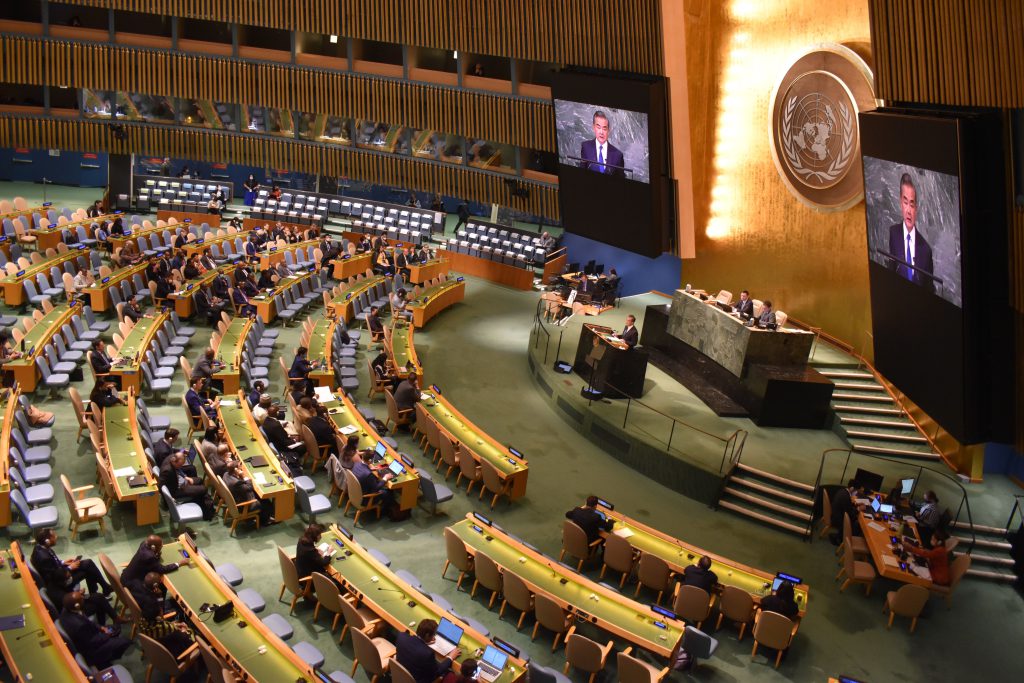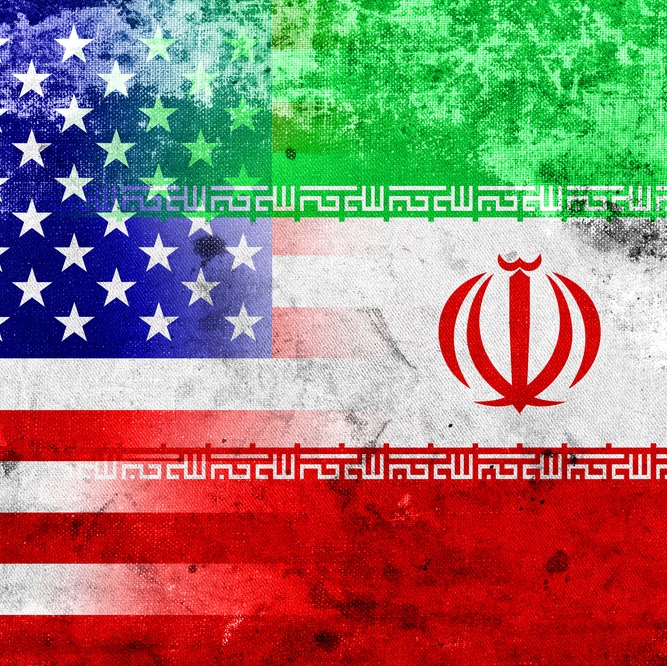Opinion Articles
Antisemitism in China is not accidental, or marginal
Israel must be firm in its rejection of China’s official denials that it has become a breeding ground of antisemitism.

Geopolitics
Geopolitics
Op-Ed: Securing an Acceptable Iran Deal in the Long Run
Since the interim framework deal between the US led 5+1 and Iran was announced in April, Israel has come out strongly against what it views as a “bad deal,” one that grants international legitimacy to Iran’s nuclear program. As Prime Minister Benjamin Netanyahu remarked time and again, Israel is not against a diplomatic solution. In his speech in March to Congress, Netanyahu noted that “the alternative to this bad deal is a much better deal” and that “no country has a greater stake than Israel in a good deal that peacefully removes this threat.” Rather, Israel sees in the emerging deal a capitulation to Iranian bargaining tactics when the US position was at its strongest, and a grave misunderstanding of the Iranian regime’s intentions.
ישראל
ישראל
Op-Ed: Best of Luck to Rivlin
"It is essential that Bibi and Buji unite forces with President Rivlin in the name of pluralism and democracy." On the eve of the election a group of prominent Americans met with President Reuven Rivlin in his office. He tried to avoid politics, but in response to one of the more sophisticated questions he set his mouth free. “Sometimes you…
US-Israel Relations
US-Israel Relations
Op-Ed: A Speech and a Wake-Up Call
Originally posted in The Jerusalem Post As were many who care one way or another about US-Israel relations, I was apprehensive in the runup to the Iran speech Prime Minister Benjamin Netanyahu delivered to Congress this past week. Yet what initially looked like it would be either a diplomatic blunder or even a cynical pre-election move turned out to be anything…



